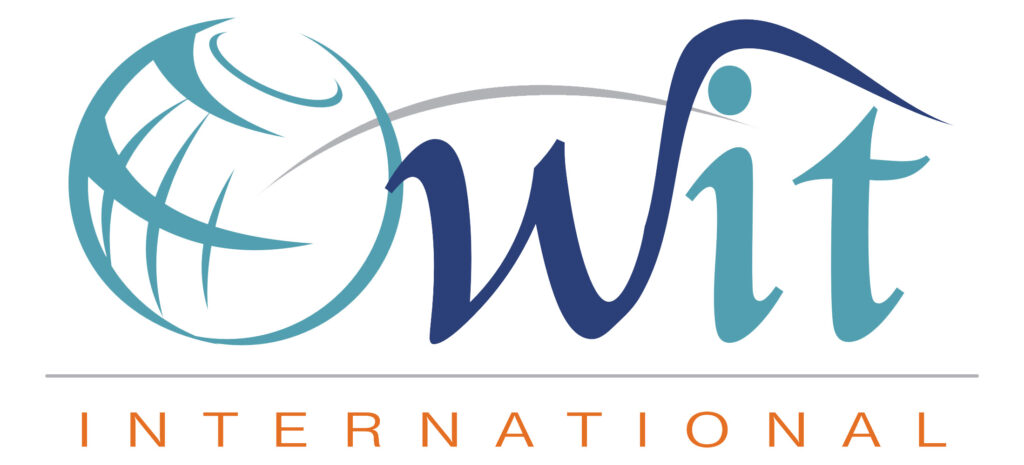Shaping the Rules to Facilitate Active Participation of SMEs and Women in Global Markets
The OWIT International panel of members discussed how SMEs and women can more effectively participate in international trade and lessons to be learned to help shape the rules that govern international trade. The Moderator, Andrea Ewart, CEO, DevelopTradeLaw, LLC, and President of OWIT International, posed questions to the panelists, who spoke from the perspectives of: (1) corporations working to incorporate SMEs into their supply chain; and (2) women-owned SMEs operating in global markets. The experience of two IT firms operating in Kenya and in California was also represented on the panel.
Integration of Women-Owned SMEs into Global Supply Chains
Angela Marshall Hofmann, President, World Strategies, LLC, shared the challenges she faced leading a team to procure millions of dollars worth of products from women-owned SMEs for Walmart. “Getting to this accomplishment required that they think creatively about how to prepare their SME partners to be globally competitive through consumer-focused, product development and strategic market access,” she said.
Women-Owned SMEs Operating in Global Markets
Janet Strong, Global Sales and Export Manager in the manufacturing sector, noted that women make up 47% of the labor force but only 27% of them are in manufacturing. She highlighted gender biases that make it particularly challenging for women working in male-dominated sectors, such as the steel (foundry) industry. She discussed the need to see a significant increase in participation and acceptance of women in both technical and upper management manufacturing positions.
Evelyn I. Suero, Corporate and International Trade Attorney, identified key barriers facing SMEs attempting to fully integrate in international trade. She highlighted their inability to participate in trade initiatives due to language limitations, as well as other barriers. For example, she noted that marketing materials on the SheTrades Initiative by the International Trade Centre, which is aimed at getting one million women entrepreneurs to market by 2020, are currently available only in English.
Role of Digital Innovation
Sarah Richson, Executive Coach and International IT Consultant, shared the perspective from the African continent, which she said was bracing itself to access the global economy by promoting the speed of innovation. She also noted the importance of data to help women-owned businesses analyze and inform their business strategies and decisions.
Vicki Wilkerson, Senior Global Trade Manager for Salesforce, discussed the use of technology in reaching women and girls in remote and/or newly emerging regions by providing the framework for distance learning as well as digital commerce platforms.
Shaping the Rules
Marshall-Hofmann and Suero noted the importance of ratifying the Trade Facilitation Agreement, which almost three years later is still not in force. Policy efforts focused on trade facilitation to simplify trade processes can enable more exporting opportunities, noted Marshall-Hofmann. In that context, Suero further noted that the WTO decision-making process driven by member nations can itself act as a barrier, and suggested that WTO officials be able to play a greater role in initiating trade proposals. While much more remains to be done to increase participation by SMEs and women in international trade, many of the existing barriers could be addressed by the current rules along with increased attention to the suggested strategies, concluded the Moderator.


